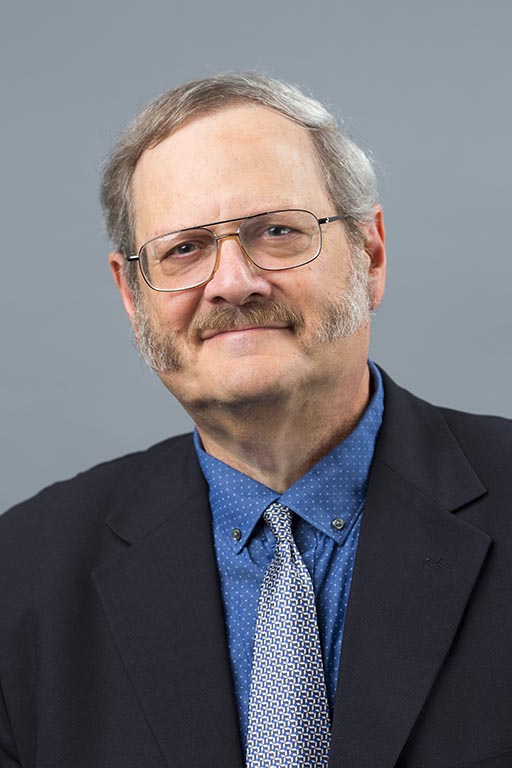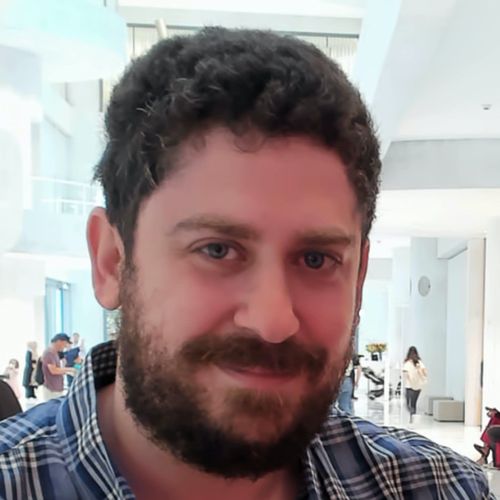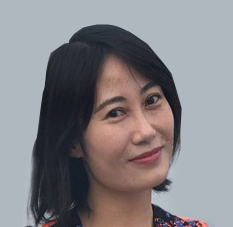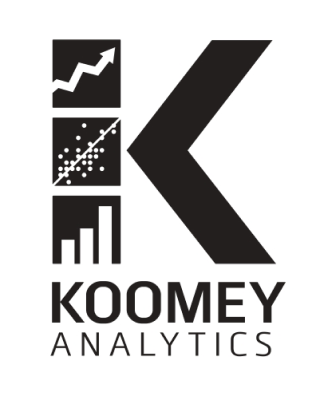Team

Neil Thompson
MIT Futuretech
Neil Thompson is the Director of the FutureTech research project at MIT’s Computer Science and Artificial Intelligence Lab and a Principal Investigator at MIT’s Initiative on the Digital Economy.
Previously, he was an Assistant Professor of Innovation and Strategy at the MIT Sloan School of Management, where he co-directed the Experimental Innovation Lab (X-Lab), and a Visiting Professor at the Laboratory for Innovation Science at Harvard. He has advised businesses and government on the future of Moore’s Law, has been on National Academies panels on transformational technologies and scientific reliability, and is part of the Council on Competitiveness’ National Commission on Innovation & Competitiveness Frontiers.
He has a PhD in Business and Public Policy from Berkeley, where he also did Masters degrees in Computer Science and Statistics. He also has a masters in Economics from the London School of Economics, and undergraduate degrees in Physics and International Development. Prior to academia, He worked at organizations such as Lawrence Livermore National Laboratory, Bain and Company, the United Nations, the World Bank, and the Canadian Parliament.

Jonathan Koomey
Koomey Analytics
Jonathan Koomey is a researcher, author, lecturer, and entrepreneur who is one of the leading international experts on the economics of climate solutions and the energy and environmental effects of information technology. Dr. Koomey was a lecturer in Earth Systems, School of Earth, Energy, & Environmental Sciences at Stanford University from November 2016 to June 2018, and for four years before that he was a Research Fellow at Stanford’s Steyer-Taylor Center for Energy Policy and Finance. He has also held visiting professorships at Yale University (Fall 2009), Stanford University (2003-4 and Fall 2008), and the University of California, Berkeley’s Energy and Resources Group (Fall 2011). He was a Lecturer in Management at Stanford’s Graduate School of Business in Spring 2013. For more than eleven years he led Lawrence Berkeley National Laboratory’s (LBNL’s) End-Use Forecasting group, which analyzed markets for efficient products and technologies for improving the energy and environmental aspects of those products. The group developed recommendations for policymakers at the U.S. Environmental Protection Agency and the U.S. Department of Energy on ways to promote energy efficiency and prevent pollution. Koomey is also a Research Affiliate of the Energy and Resources Group at the University of California, Berkeley.

Sylvia Downing
Sylvility Consulting
Sylvia was a Senior Principal Engineer and AI Architect at Intel and retired in 2023. In her 34 years there, she specialized in inventing, standardizing and bringing new technologies to market. Her expertise includes SoC architecture, process technology, IP design and architecture, system design and software development. Her patents apply to signal integrity, display technologies, power savings, speech recognition and accessible computing. Sylvia is currently focused on sustainable computation for edge applications.

Kenneth Flamm
MIT Futuretech
Kenneth Flamm is Professor Emeritus (formerly Dean Rusk Chair) in the LBJ School of Public Affairs, University of Texas at Austin. He is an applied micro economist and expert on the economics of the semiconductor, computer and telecommunications industries. Dr. Flamm was principal deputy assistant secretary of defense for economic security and special assistant for dual-use technology policy to the deputy secretary of defense, from 1993 to 1995, receiving the Department of Defense's Distinguished Public Service Medal from the secretary of defense. Dr. Flamm has served as senior fellow in foreign policy studies at the Brookings Institution and as an economics professor at the Instituto Tecnológico Autónomo de México, the University of Massachusetts at Amherst, and George Washington University.
Dr. Flamm holds a PhD in Economics from MIT and a BA (with Distinction) in Economics(Honors) from Stanford. He was elected in 2016 to membership in the Conference on Research in Income and Wealth. He previously was appointed chair or vice-chair of two National Research Council panels and served as a member of its Science, Technology and Economic Policy Board. He has been a member of six other National Academies panels, and chair of the NATO Science Committee's Science and Technology Policy and Organization panel. He served on the Federal Networking Council Advisory Committee, on the OECD's Expert Working Party on High Performance Computers and Communications, on various federal advisory committees and as a consultant to government agencies, international organizations,and private corporations.
Dr. Flamm has authored numerous articles and books on the economics of global competition in high technology industries. His current research agenda focuses on public policies affecting competition, adoption, and use in broadband, the economics of competition and innovation in the semiconductor, computer, and telecommunications industries, and more generally, data-driven public policy—the application of modern data science tools to analysis of significant policy issues using near real-time datasets. In 2021, he led a team of LBJ School graduate students to a second place finish in the Microsoft-ODI Education Open Data Challenge, an international competition organized on the XPRIZE online platform.

Emanuele Del Sozzo
MIT Futuretech
Emanuele received his Ph.D. in Information Technology from Politecnico di Milano in Italy, working at NECSTLab as part of the Computer Architecture group inside Dipartimento di Elettronica, Informazione e Bioingegneria (DEIB). His research interests include designing systems based on reconfigurable architectures to fulfill modern workloads' ever-increasing demand for performance while keeping a relatively low power profile.

Zachary Schmidt
Koomey Analytics
Zachary Schmidt has over a decade of experience working as a researcher and analyst for Koomey Analytics. He has a BA from UC Berkeley with a major in English Literature and a minor in Energy and Resources, and has completed the Certificate Program in Data Science from UC Berkeley Extension. He builds software and analyzes data to help understand and solve energy-related problems.

Rebecca Wenjing Lyu
MIT Futuretech
Rebecca Wenjing Lyu is a postdoctoral fellow at the MIT Sloan School of Management and at the Initiative on the Digital Economy, MIT. Rebecca’s research focuses on the role of AI, big data, and cloud computing in innovation of firms. Another stream of research of Rebecca’s work is evaluating the contribution of immigrants (entrepreneurs, scientist, etc.) as well as their mobility. Rebecca received her Ph.D. from Tsinghua University (Business Administration).

Tess Fagan
MIT FutureTech
Tess Fagan is the Head of Strategy and Operations at MIT FutureTech, a leading research lab housed within both MIT CSAIL and the MIT Sloan School of Management. She brings a decade of leadership experience across strategy, technology, and operations, having previously served in Chief of Staff, Vice President, and Director roles at Iron Mountain, Vista Equity Partners, and the City of Boston. At MIT, she oversees strategy, operations, project management, and engineering for cross-functional collaborations across more than 170 cutting-edge projects focused on AI, computing, and economics, ensuring the lab’s work advances both academic inquiry and real-world progress. Tess has global executive technical leadership experience, previously responsible for managing a $84M P&L and a 750-person engineering team across 26 countries. As Head of Technical Partnerships in AI and ML, she established key industry partnerships with over 200 industry leaders across finance, technology, energy, and healthcare. A graduate of Harvard Extension School’s Full Stack Software Engineering program, Tess also holds dual degrees in Economics and Environmental Science from Boston University.

Ben Olsen
MIT FutureTech
Ben Olsen is Software Developer supporting research at Future Tech CSAIL MIT. He is also a Masters student at Georgia Institute of Technology, studying applied AI and Machine Learning.

.png)
